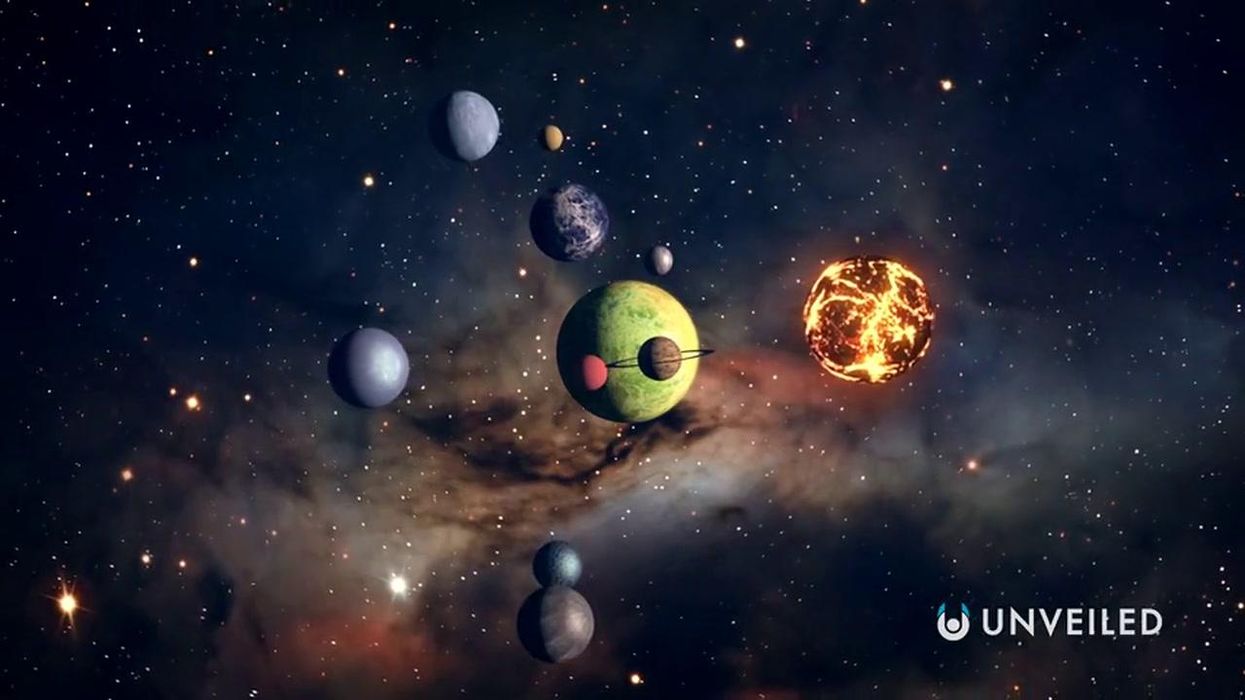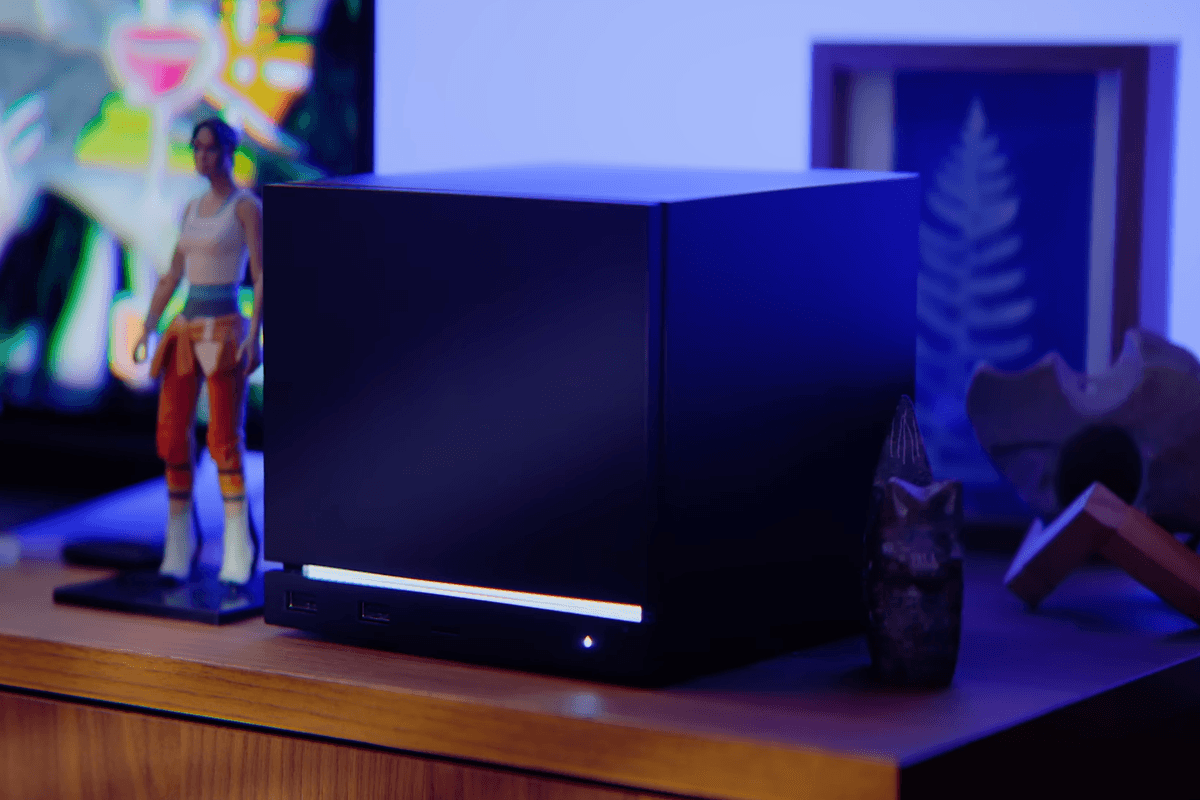Science & Tech
Ariana Baio
Apr 05, 2022
Why Would The Government Want To Hide Proof Of Aliens? | Unveiled
videos
Scientists want to beam information about Earth into space to reach potential alien life, despite physicist Stephen Hawking's warning against it.
The preliminary research for the message, called The Beacon in the Galaxy (BITG), says scientists should transmit a message containing information about human biology, the timeline of Earth's history, and a map of the Milky Way with directions to get to our solar system.
However, some are raising alarm bells about the message as they recall a warning from Hawking in his 2016 documentary Stephen Hawking's Favorite Places.
"One day, we might receive a signal from a planet like this, but we should be wary of answering back," Hawking said. "Meeting an advanced civilization could be like Native Americans encountering Columbus."
Over the years, Hawking warned scientists about contacting extraterrestrial intelligence, but it seems SETI scientists feel the pros outweigh the cons.
Sign up for our new free Indy100 weekly newsletter
The BITG message is an updated version of the 1974 Arecibo message, which was sent from the Arecibo Observatory in Puerto Rico toward Messier 13, a cluster of stars about 25,000 light-years away.
Besides the Arecibo message and the new BITG message, scientists also launched two spacecrafts, Voyager 1 and 2, containing artifacts of Earth into space in 1977.
Contacting aliens has always been controversial, many, like Hawking, believe it could lead to dangerous interactions - ones that Hollywood movies love to highlight.
But the scientists are confident that so long as the message is peaceful, it is more beneficial to understand life outside our galaxy than not.
Jamilah Hah, a scientist part of the BITG message report, told Newsweek, "Stephen Hawking's quote is absolutely inspiring and my personal conclusion was that any species capable of understanding and interpreting our message will likely be equally if not more intelligent and wary of our existence."
"Thus, as long as contact is approached with a clear sign of peace, it can be assumed that the hopeful possibilities and discoveries that come alongside communication outweigh the risk," she added.
Scientists part of SETI said they do not intend to send the BITG message themselves but the report serves as a preliminary draft should astronomers choose to send a message to aliens in the future.
Have your say in our news democracy. Click the upvote icon at the top of the page to help raise this article through the indy100 rankings.
Top 100
The Conversation (0)














